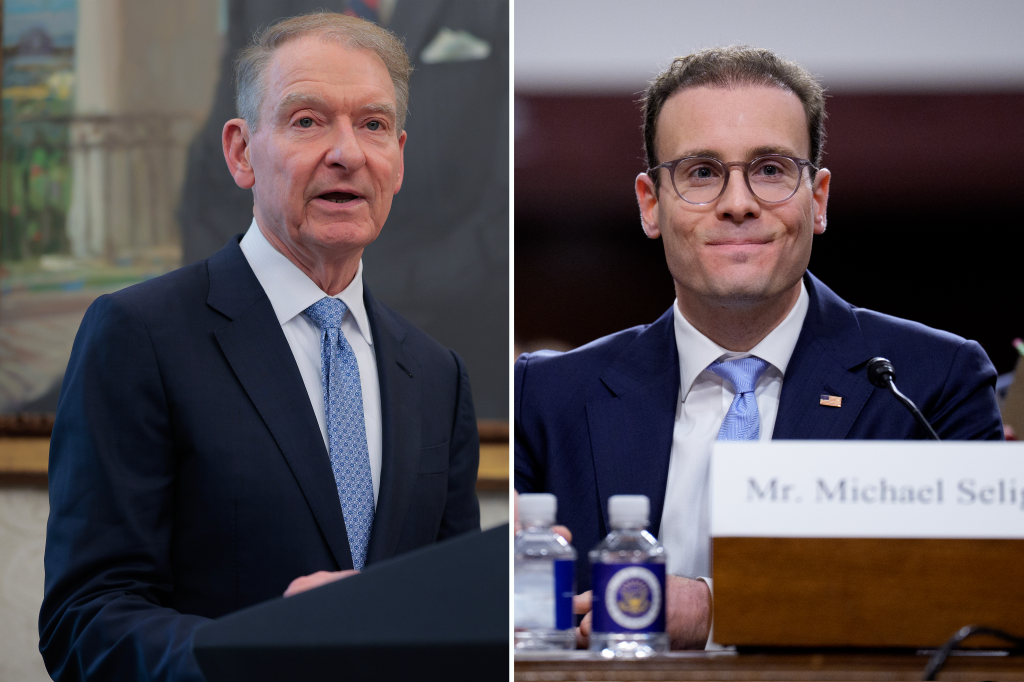A group of Democratic US Congress and Senate members have penned a letter to CFTC Chairman Rostin Behnam endorsing a proposed rule from May 10 that would exclude election bets from being listed on CFTC-regulated markets.
The CFTC seeks to amend Regulation 40.11 to specify events contracts that are “gaming” and
The
Register for free to keep reading
To continue reading this article and unlock full access to GRIP, register now. You’ll enjoy free access to all content until our subscription service launches in early 2026.
- Unlimited access to industry insights
- Stay on top of key rules and regulatory changes with our Rules Navigator
- Ad-free experience with no distractions
- Regular podcasts from trusted external experts
- Fresh compliance and regulatory content every day













